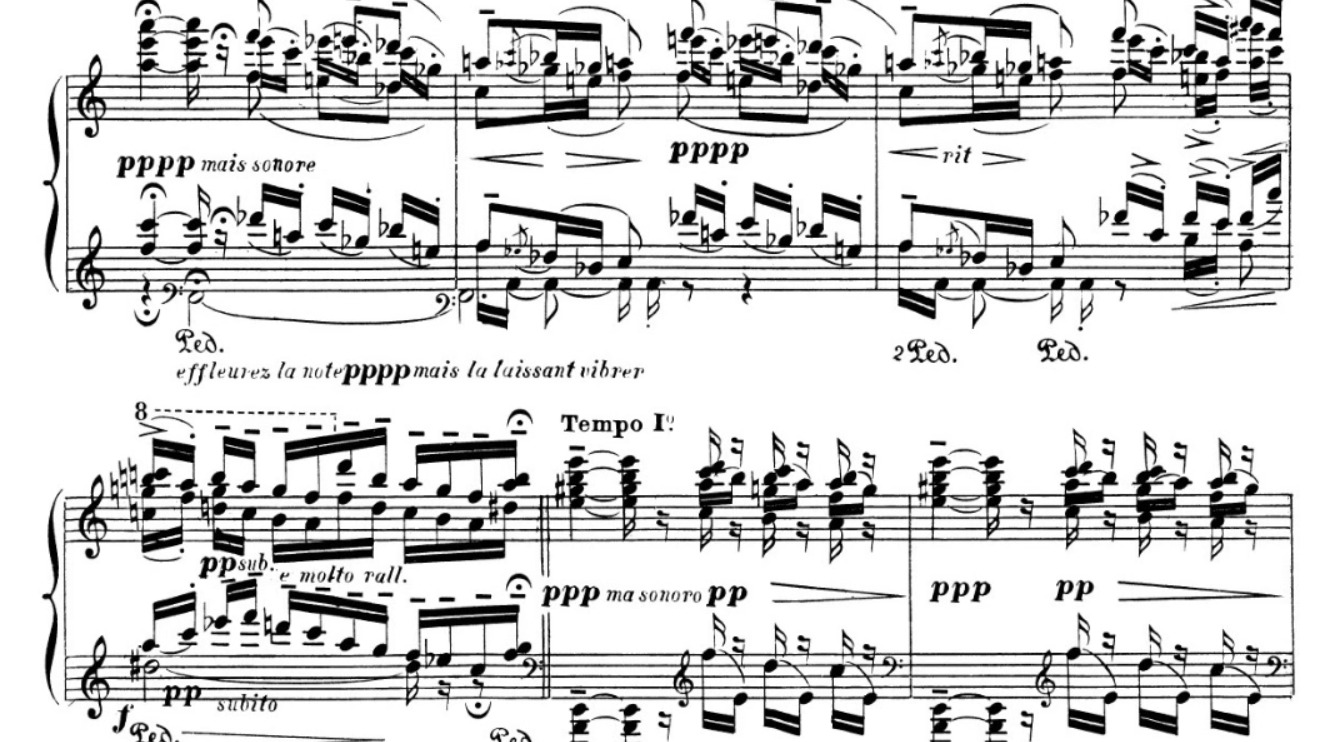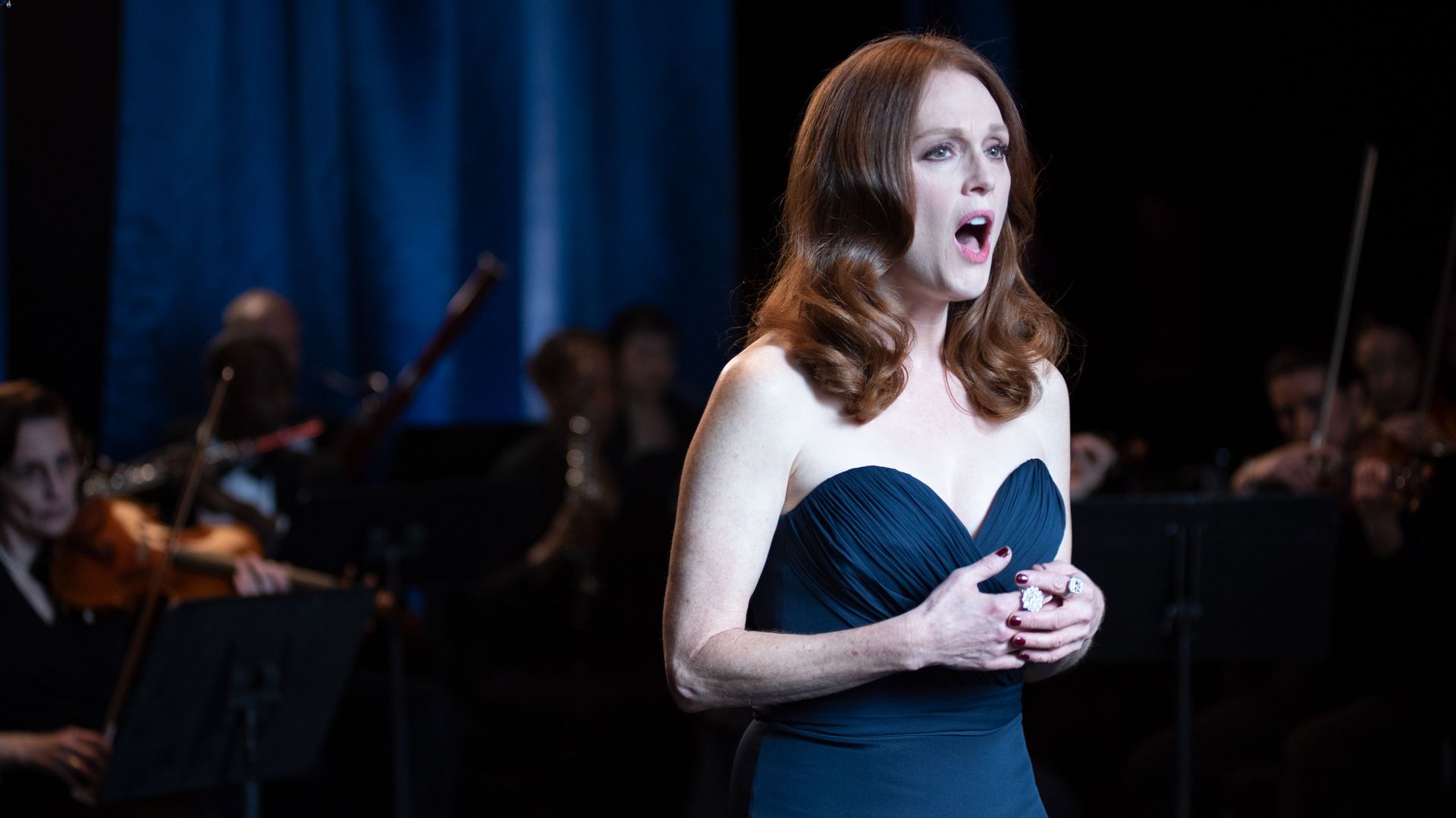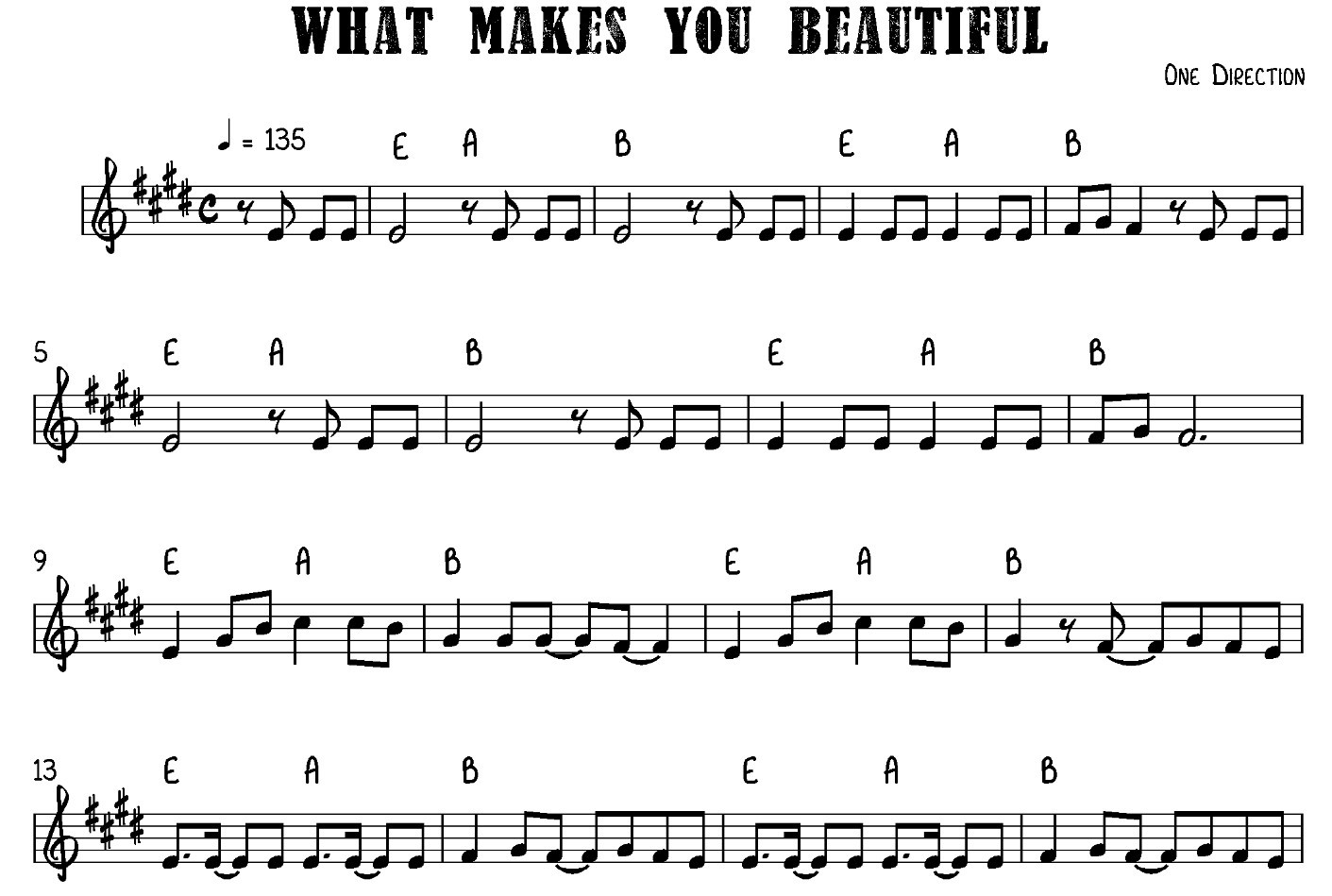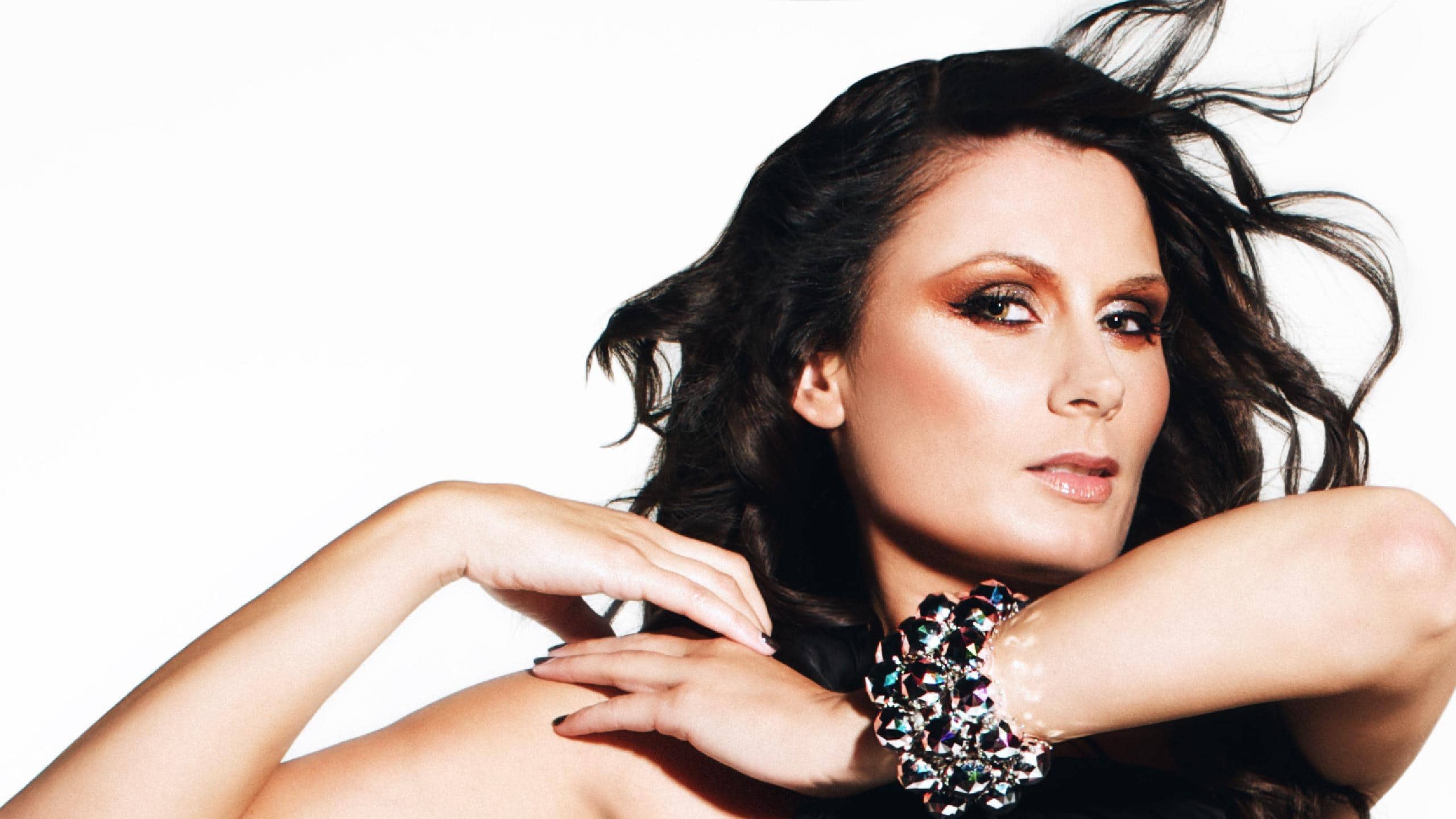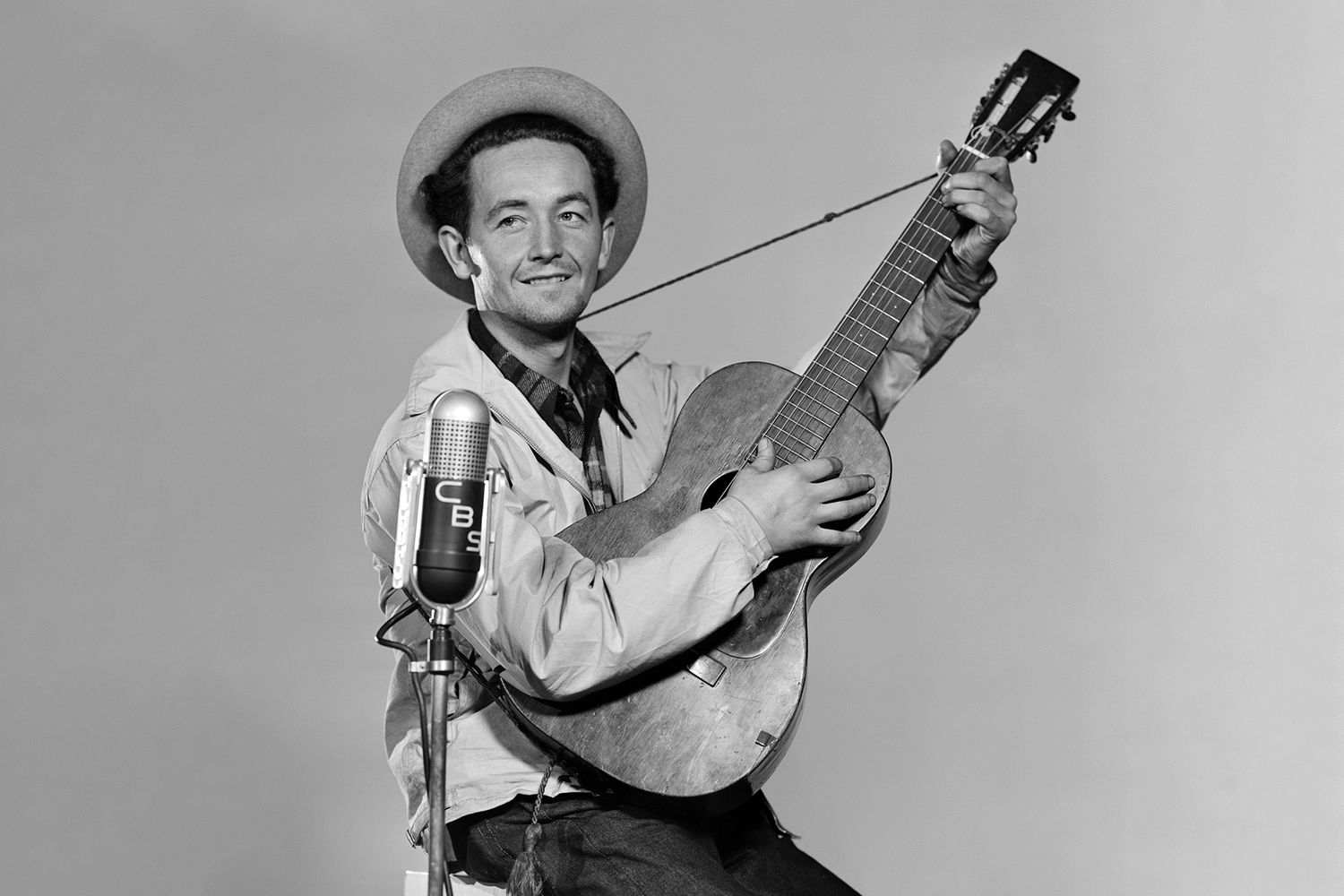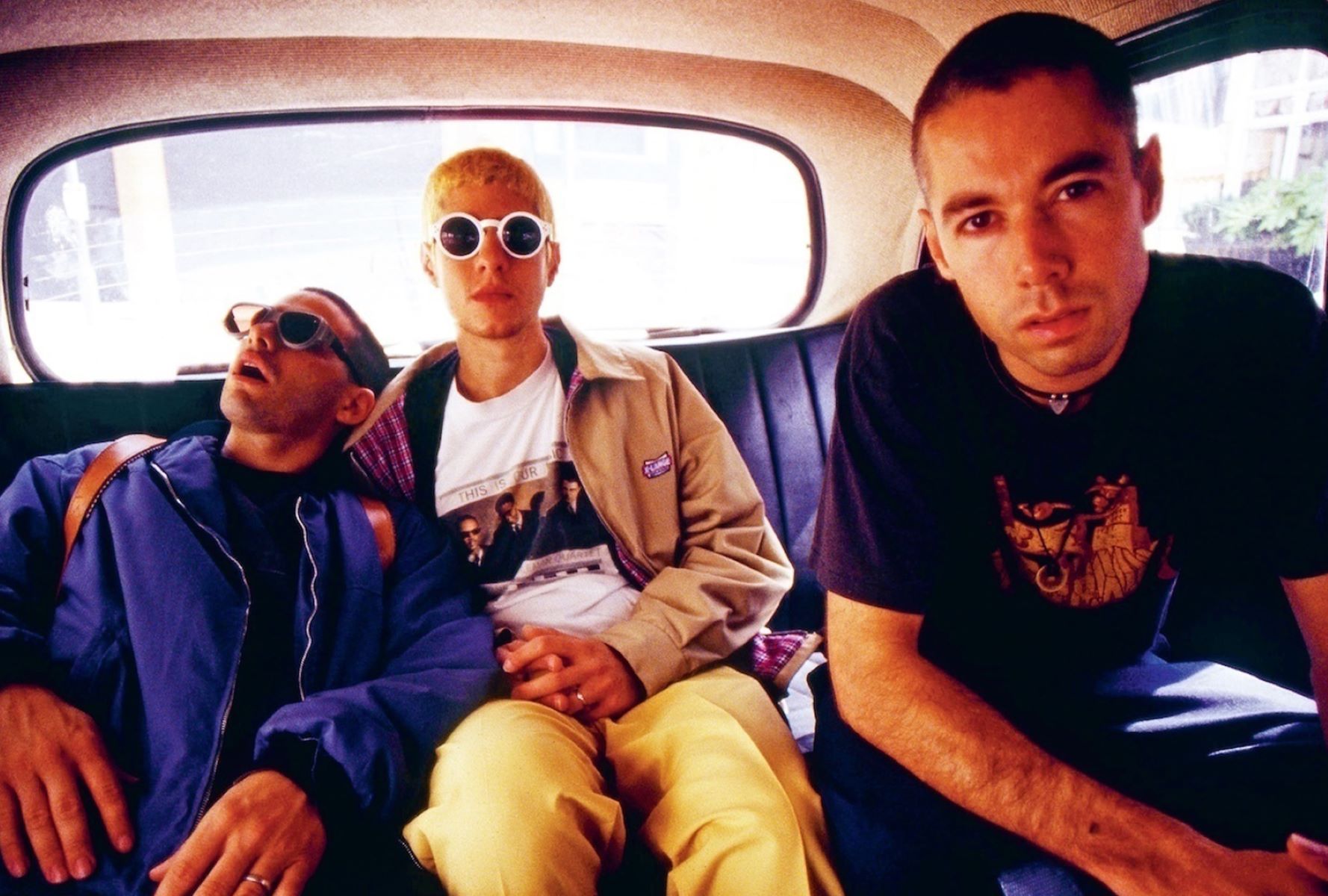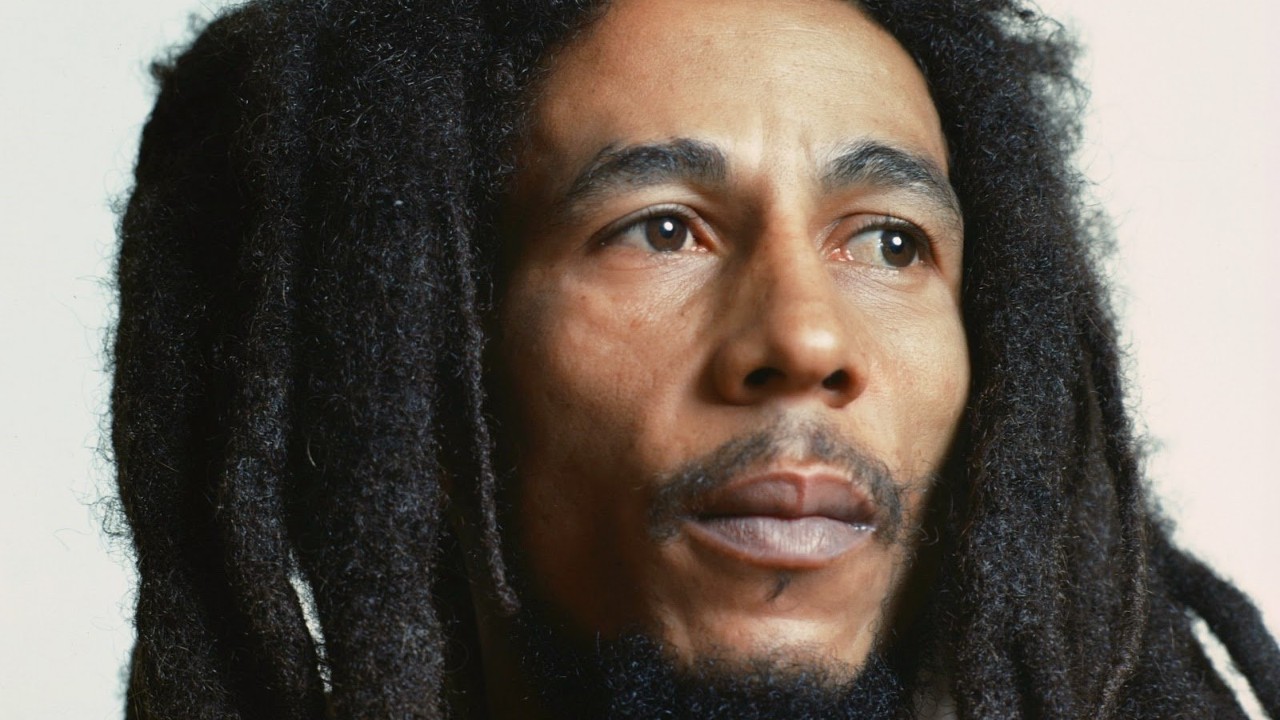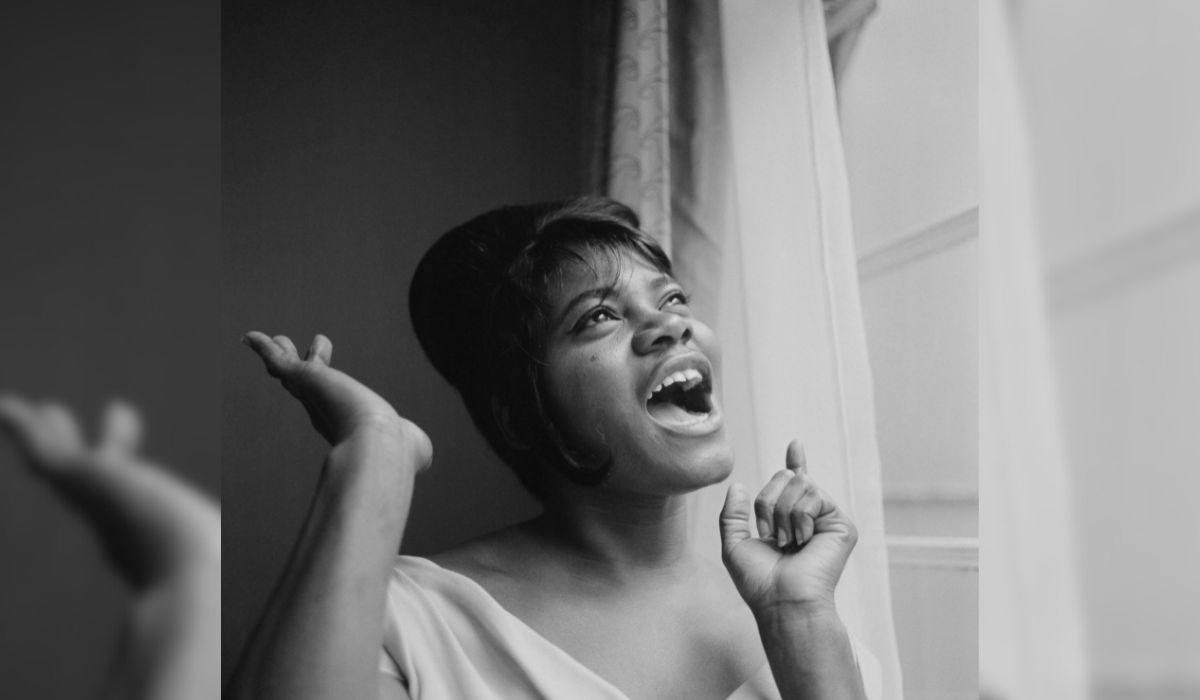Home>Instruments>Vocalist>Find Which Famous Vocalist You Sing Closest To Your Vocal Range


Vocalist
Find Which Famous Vocalist You Sing Closest To Your Vocal Range
Published: January 23, 2024
Discover which famous vocalist your vocal range is closest to with our interactive quiz. Uncover your true singing potential and find your musical inspiration.
(Many of the links in this article redirect to a specific reviewed product. Your purchase of these products through affiliate links helps to generate commission for AudioLover.com, at no extra cost. Learn more)
Table of Contents
Introduction
Have you ever wondered which famous vocalist you sound closest to? Whether you’re a seasoned singer or just someone who loves to belt out your favorite tunes in the shower, discovering which famous vocalist shares a similar vocal range and style can be an exciting revelation.
Vocal range is the span of notes that a singer is capable of producing comfortably and without strain. It is a crucial factor in determining the type of songs a vocalist can perform and the overall sound they can deliver. Each vocalist has their own unique range, timbre, and style that sets them apart.
In this article, we will explore how to assess your own vocal range and compare it to the ranges of famous vocalists. By understanding your vocal capabilities and similarities to well-known singers, you can gain insights into your own strengths and potentially adapt your singing style to emulate your favorite vocalists.
So, grab a glass of water, warm up your vocal cords, and get ready to embark on a journey of discovery as we delve into the world of vocal ranges and find out which famous vocalist you sing closest to!
Understanding Vocal Range
Before we can compare your vocal range to that of famous vocalists, it’s essential to understand what exactly vocal range entails. Vocal range refers to the range of pitches, from the lowest to the highest, that a singer is capable of comfortably producing.
Vocal range is typically classified into different voice types or categories. The most common voice types include soprano, mezzo-soprano, alto, tenor, baritone, and bass. Each voice type covers a specific range of notes and has unique characteristics.
The soprano voice type is known for its higher pitched notes, while the mezzo-soprano has a slightly lower range. The alto voice type generally has a rich and full lower register. On the male side, the tenor voice type encompasses higher notes, while the baritone is a middle-range voice type. The bass voice type has the lowest range among male voices.
To determine your own vocal range, you need to identify the lowest and highest notes you can sing comfortably and without straining. Keep in mind that it’s important to stay within your vocal capabilities and avoid pushing your voice to extremes, as this can lead to vocal strain and potential damage.
It’s also worth mentioning that vocal range can expand or change over time with proper training and technique development. So, if you feel limited in your current range, don’t worry! With practice and guidance, you can extend your range and explore new vocal territories.
Now that you have a basic understanding of vocal range and voice types, let’s move on to assessing your own vocal range and comparing it to some famous vocalists!
Assessing Your Vocal Range
Assessing your vocal range is an important step in finding out which famous vocalist you sing closest to. To accurately determine your vocal range, follow these steps:
- Warm up: Before beginning the assessment, it’s crucial to warm up your vocal cords. Spend a few minutes doing vocal exercises such as lip trills, sirens, and scales to prepare your voice.
- Start with your comfortable range: Begin by singing a comfortable note in your mid-range. Gradually move up in half steps, singing each note until you reach the highest note you can comfortably produce. Take note of this highest note.
- Move to your lower range: Now, return to your starting note and gradually move down in half steps, singing each note until you reach the lowest note you can comfortably produce. Take note of this lowest note.
- Expand your range (optional): If you feel you have more vocal flexibility, you can try extending your range by practicing exercises and techniques that target your upper and lower registers. However, it’s important to do this gradually and under the guidance of a vocal coach to avoid strain or vocal damage.
Once you have identified your highest and lowest comfortable notes, you have a good understanding of your vocal range. It’s important to remember that vocal range is not just about how high or low you can sing, but also about the overall quality and control of your voice in different registers.
Now that you know your vocal range, let’s explore the vocal ranges of some famous vocalists and see how they compare to yours!
Famous Vocalists’ Vocal Ranges
Famous vocalists are known not only for their unique styles and captivating performances but also for the range and flexibility of their voices. Let’s take a look at the vocal ranges of some iconic singers:
- Freddie Mercury – The legendary lead vocalist of Queen had an impressive vocal range spanning over four octaves. From his powerful high notes in songs like “Bohemian Rhapsody” to his rich and warm lower range in tracks like “Love of My Life,” Mercury showcased incredible vocal abilities.
- Whitney Houston – Known for her exceptional vocal prowess and incredible power, Whitney Houston possessed a vocal range that spanned approximately three octaves. Her stunning high notes in songs such as “I Will Always Love You” and her ability to effortlessly transition between registers made her one of the greatest vocalists of all time.
- Frank Sinatra – The smooth and velvety voice of Frank Sinatra spanned a range of around two octaves. Known for his impeccable phrasing and emotional delivery, Sinatra’s vocal range allowed him to tackle a wide variety of genres, from jazz to pop ballads.
- Mariah Carey – Mariah Carey is renowned for her whistle register and stunning vocal acrobatics. With an impressive vocal range of over five octaves, Carey has wowed audiences with her soaring high notes in songs like “Emotions” and her whistle register in tracks like “Hero.”
- Elvis Presley – Often referred to as the “King of Rock and Roll,” Elvis Presley had a vocal range spanning approximately two octaves. His rich and powerful voice allowed him to captivate audiences with his signature rockabilly style and heartfelt ballads.
These are just a few examples of famous vocalists and their remarkable vocal ranges. As you explore your own vocal range, you may find similarities or differences with these iconic singers. Don’t worry if your range doesn’t match exactly—every voice is unique and has its own special qualities.
Now that we’ve examined some famous vocalists’ ranges, let’s move on to comparing your vocal range and finding your closest match!
Comparing Your Vocal Range
Now that you have a good understanding of your vocal range and have learned about the vocal ranges of famous vocalists, it’s time to compare and see how your range stacks up against them. Here are some steps you can follow to make the comparison:
- Identify your vocal range: Review the notes that make up your vocal range, both highest and lowest. Take note of the general register(s) you feel most comfortable in, such as high, mid, or low.
- Compare ranges: Look at the vocal ranges of the famous vocalists mentioned earlier or any other vocalists you admire. Determine if their vocal ranges align with yours or if they have a different range altogether.
- Consider tone and style: It’s not just about the range itself but also about the tone and style of your voice. Notice if your voice has a similar quality or timbre to any of the famous vocalists. Do you have a similar vocal style, such as belting or singing with a softer, more delicate approach?
- Explore similar genres: Another aspect to consider is the genre of music you enjoy singing. Look for vocalists within that genre and compare their vocal ranges and styles to yours. This can help you find vocalists who may have a closer match to your own abilities.
Remember, vocal range is just one aspect of a vocalist’s capabilities. It’s important to appreciate and embrace the unique qualities of your own voice, even if it doesn’t perfectly align with any particular famous vocalist.
By comparing your vocal range to that of famous vocalists, you can gain insights into the types of songs and styles that may suit your voice best. This can guide your song choices and help you develop and refine your singing skills.
Now that you’ve compared your vocal range, let’s move on to identifying your closest vocal match among the famous vocalists!
Identifying Your Closest Vocalist Match
After assessing your vocal range and comparing it to the ranges of famous vocalists, it’s time to identify your closest vocal match. While no two voices are exactly alike, you may find that your range and style align closely with a particular vocalist. Here are some steps to help you identify your closest vocal match:
- Analyze your range: Consider the vocal range you identified earlier. Is it predominantly in the higher, mid, or lower range? This will help you narrow down the vocalists who have a similar range.
- Listen to different vocalists: Take the time to listen to recordings from the famous vocalists mentioned earlier. Pay attention to their vocal qualities, range, and styles. Notice if any of them have a similar tone or singing approach to yours.
- Experiment with different genres: Explore music in different genres and identify vocalists who excel in those genres. Consider whether their vocal range and style resonate with your own preferences.
- Seek expert guidance: If you’re still unsure about your closest vocal match, consider seeking guidance from a vocal coach or teacher. They can provide valuable insights and help you understand your unique vocal qualities better.
Remember that finding a vocal match doesn’t mean you have to imitate that vocalist entirely. Your goal is to identify similarities in terms of range, tone, and style, while still maintaining your own artistic expression and individuality.
By identifying your closest vocal match, you can gain inspiration and direction for your singing journey. You may discover new techniques, phrasing, or performance styles that you can incorporate into your own singing.
Regardless of whether your closest vocal match is a world-renowned vocalist or not, embrace your own voice and strive to develop your own unique sound. Your voice is an instrument with limitless potential, and by nurturing it, you can continue to grow as a vocalist.
Now that you’ve identified your closest vocal match, it’s time to go out there and embrace your own unique style, drawing inspiration from your favorite vocalists along the way!
Conclusion
Discovering which famous vocalist you sing closest to can be an exciting and insightful journey. By understanding your vocal range, comparing it to famous vocalists, and identifying your closest vocal match, you can gain valuable knowledge about your own unique voice and style.
Remember, vocal range is just one aspect of a vocalist’s abilities. It’s important to embrace your own voice and appreciate its unique qualities, even if it doesn’t perfectly align with any particular famous vocalist.
Throughout this article, we’ve explored the concept of vocal range, provided steps to assess your own range, delved into the vocal ranges of famous vocalists, and offered guidance on comparing your range and identifying your closest match. This process not only helps you understand your vocal capabilities but also provides direction and inspiration for your singing journey.
Whether you find that your vocal range aligns closely with a renowned vocalist or not, the most important thing is to nurture and develop your own voice. With proper training, technique, and practice, you can unlock the full potential of your voice and continue to grow as a vocalist.
So, embrace your unique vocal qualities, draw inspiration from the vocalists you admire, and continue to explore and refine your own singing style. The world is waiting to hear your voice!

